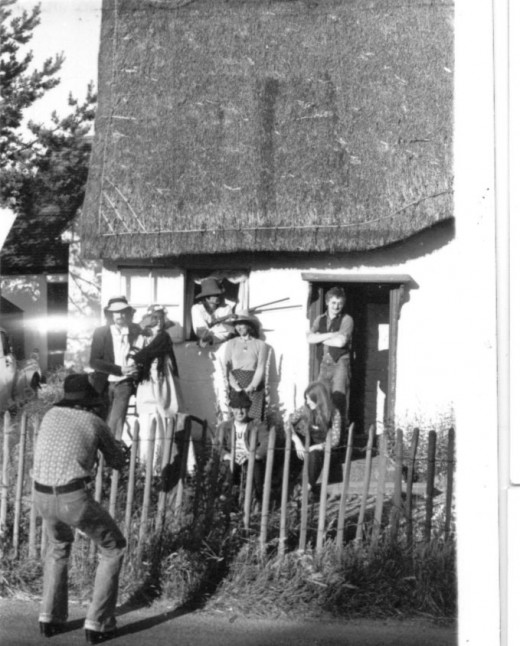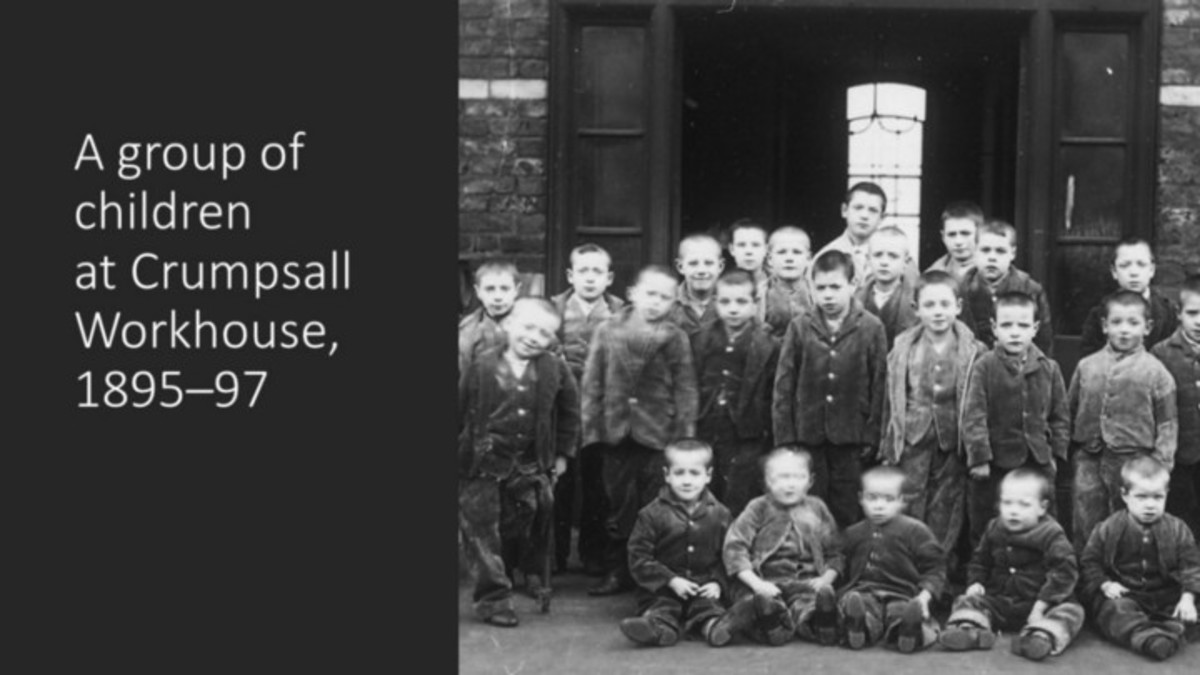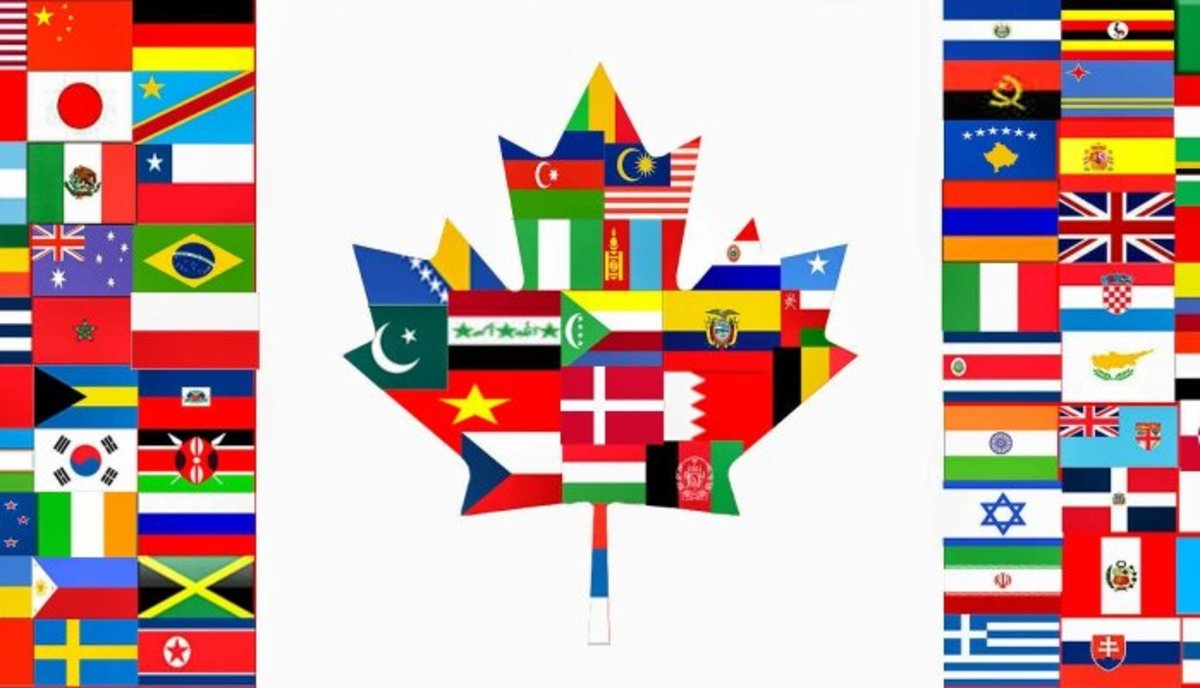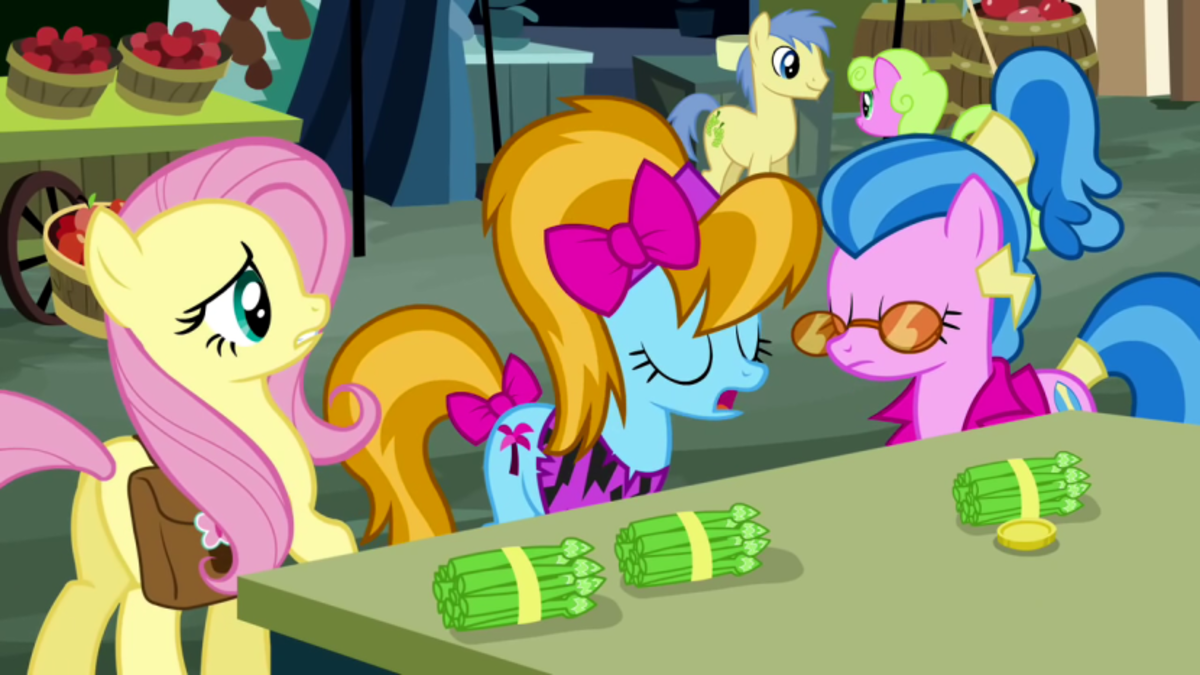The Pocket History of England - Part 3

Part 3 of 6
The Pocket History of England
Part 3
The problems in communication between the Peasants and their Representatives grew. And so, therefore, did tensions. The unwieldiness of the Peasants as a force for deployment created misunderstandings among both the Peasants and their Representatives. The Peasants began to lose faith in their Representatives because of what they perceived to be the Representatives' inability to respond successfully to the initiatives of the Barons and Lackeys.
The Representatives began to experience conflicts of interest between what, in the interests of rapid, successful response, they knew to be right for all Peasantry and what they could successfully communicate by way of rationale to that selfsame Peasantry. The Representatives felt that if they limited themselves to carrying out only those policies which they were able, successfully, to communicate to their members, they would effectively, in view of the prevailing levels of ignorance and lack of sophistication among Peasants, be tying their own hands behind their backs.
Out of this conflict of interest arose a sincere frustration, and out of this frustration arose, among some of the Representatives, a sort of paternalism, a sort of superiority, a sort of feeling that there was not really much point in trying to keep the Peasants informed. That, in the interests of rapid response to Barons' initiatives, it was more effective, without lengthy and time-consuming consultations, simply to make decisions, and to issue directives.
This, of course, gave way to a distancing between the Peasants and their Representatives.
And this distancing, of course, gave way to feelings of disillusionment and disenchantment and, gradually, certainly among the Representatives, to the rudiments of righteous contempt.
This didn't make many people happy, but you can bet it made the Barons and Lackeys happy.
So happy did the Barons become, that they even began cynically to commiserate with some of the 'top' Representatives. Such was the Barons' fear of the Peasants that they strove to make these commiserations as public as possible - the more successfully to drive the wedge between the Peasants and their Representatives. Such was their fear, that they even stooped to making many of the more pliable of these Representatives into Knights and Lords; thus placing them, in a hollow sense, on a par with themselves.
Such was the stupidity of some of these Representatives, and such had the distance now become between themselves and their Peasants, that they actually accepted these dubious honours - they actually assented to this peculiar reversal of the Social History that had been and still was O so long in the writing.
So now the problems of the Peasant Mobilisation were twofold. On the one hand, there was the discrepancy, in terms of speed and efficiency, between the strategic deployment of social power and the strategic deployment of economic power. On the other hand, there was the stress and distancing that this discrepancy created between the Peasants and their Representatives and the ways in which it was exploited to the full by cynical Barons and Lackeys. But there was more to come.
Somewhere along the line the Printing Press came into being and into more and more regular use.
At first, this looked good for the Peasants. Here was a way of disseminating information speedily and accurately. Maybe now, communication among Peasants and between Peasants and their Representatives could be brought to a reasonably efficient level. But, as is so often the case with new technology, the use to which the printing technology was put was determined by it's "owners".
And who, one might ask, were the "owners".
Well, it hardly needs explaining that, in much the same way as they had "owned" the fields and the produce, and, later on, the Machinery and the Factories, the Barons, coincidentally, ended up "owning" the Presses as well.
This is not to say that the Peasants had no access to these Presses. In fact, it is probably fair to say that they were first to see the usefulness. They started banging out leaflets and posters, pamphlets and treatises, popular histories and broadsheets, until even the Barons and Lackeys couldn't avoid noticing the potential here.
With their superior economic power fully wielded, the Barons and Lackeys were able to commandeer the Presses. Not only that, they were able to commandeer a whole new class of "Professionals" (more about Professionals later), the "Press" itself. The Press consisted of various 'educated' (they could read and write) offshoots of the Lackeys and the Merchants who specialised in having an interpretation of any given event. There is nothing inherently wrong with people having interpretations, but people of the Press, being almost exclusively in the employ of and, in effect, descendant of a particular section of the population (Barons, Lackeys, and Merchants), their interpretations tended to reflect and protect with astonishing consistency and accuracy the views and vested interests of this section of the population.
Such was the strength of the economic power behind these people that they were able far to outstrip the few struggling Peasants and Peasant Combinations in terms of producing and distributing interpretations. This meant of course that not only were the Press able, in a sense, to write history on their masters' terms but also to re-write past history in the same way until, eventually, their particular view of events past and present came to be accepted, almost unwittingly, by the bulk of the population as the way things actually were.
This was, as usual, good news for the Barons. And, as usual, bad news for the Peasants and, more particularly, for those of the Peasants who were still struggling to present a Peasant interpretation of events.
Added to the problems of communication already faced by the Peasants, the Press presented an enormous advantage to the already preposterously advantaged side of the wielders of economic power.
Control of the Press also meant that the Barons needed no longer to fear the broadening electoral franchise. After all, when you control the formation of opinion, what does it matter how many people are allowed to contribute to the opinion. Let them all "vote". Even people without property. Even women. Even Black People. In fact, if you can delude people into thinking they are in control, they are less likely to want to seek it.
Clearly, Peasant Mobilisation was beset with difficulties. The rifts between Peasants and their Representatives became even more fraught. But, almost as if to prove that God either doesn't exist or, if he does, that he hates Peasants, a strange process began to emerge.
You will have noticed how, throughout the course of this History, the social ranks below Baron have gradually become more fragmented. At first it was just the Barons and Lackeys at the top of the heap of toiling Peasants. But now there are Merchants, the Press, and even at times the Representatives as well. But others began to appear too, as part of this strange process. The strange process was of course the one whereby significant sections of the population where seduced into being pleased with themselves for not being a Peasant. It didn't seem to matter where on the fragmenting scale of control these people found themselves just so long as they weren't on the bottom. Among these people, interest in preserving the status quo would become as rabid as the highest Barons' in the land.
The prime example of this tendency was the Professional.
The Professionals were another category of offshoot from the Merchants and Lackeys (and sometimes the Barons themselves). Like the Press, they could read and write. But unlike the Press, they chose to specialise in particular, believable skills. Many of these skills were, on the face of it, important, and their pursuit could, on the face of it, be lauded in terms of collective social benefit. However, due to the nature of the prevailing obsession with rank and the fact that the ranks were to a degree fragmenting, many of these Professionals became caught up in the nonsensical compulsion to determine where in these ranks they fit and then to defend their positions vigorously. The skills and their pursuit became, therefore, secondary issues to later aspirants to Professionalism.
So concerned were some Professionals with the preservation of their "status" that they devised closed groups and associations to exclude from their skill area anyone they considered might not have the same commitment to the preservation of their status. In many ways, these associations and groups parallelled the Combinations and Unions of the Peasants, but, because they were already committed to the preservation of hierarchy, none of the Professionals were maimed or killed or deported in the way many of the Peasants were.
So, from the Peasants' point of view, things were again going badly.
Just as they had begun to wake up to the fact of their horrific exploitation at the hands of the Barons and their ilk - the fact that they, the great majority, were being screwed, blued, and tattooed by a tiny minority of gluttons and power-mongers - their own solidarity became impossible to maintain because more and more of the population were finding cosy places in the hierarchy between the majority at the bottom and the minority at the top. And, far from being critical of the minority at the top, all these people with their cosy places were becoming critical of the majority at the bottom for "rocking the boat". To these people, their petty cosiness was far more important than that great and prevailing injustice which had been strangling and stifling society from the very beginning and was continuing to do so by ever more sophisticated and devious means.
But all the Peasants could do was to keep on relying upon brave individuals among their number to keep abreast of the changes and develop appropriate strategies in response and to carry on the historical struggle for fairness and justice.
/ to be continued

Links
© 2011 Deacon Martin





